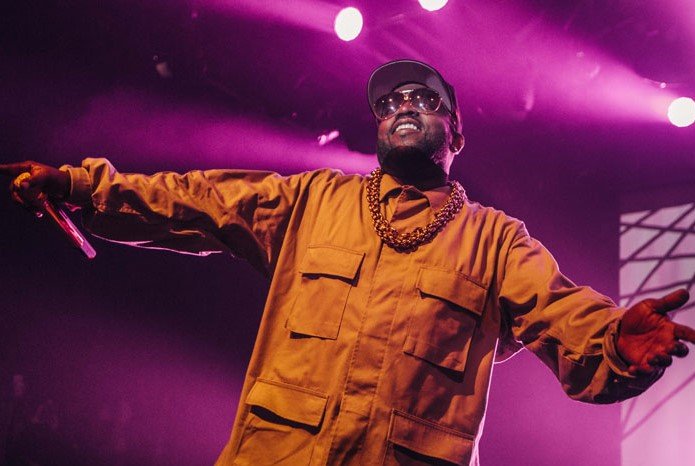It’s hard to find a song more reflective of America’s cultural and political moment than Kendrick Lamar’s “Not Like Us.” What started as a scathing takedown of fellow rapper Drake has evolved into something much bigger—a statement, a chant, a movement. And with Lamar expected to take center stage at the Super Bowl halftime show, the conversation around it is only getting louder.
A Diss Track That Became an Anthem
Lamar’s song, produced by Mustard, took aim at Drake in the most brutal way possible. But it didn’t just break streaming records; it became an instant cultural marker.
- For younger, Black audiences, it’s a masterclass in lyrical warfare, filled with coded references and deep-rooted history.
- For older, whiter audiences, it’s either unknown or just background noise in a broader cultural shift they may not fully grasp.
- For hip-hop purists, it’s another chapter in a long-running feud, echoing the battles of past rap greats.
But the refrain—“They not like us”—is what sticks. It’s a line that means different things to different people. In hip-hop, it’s a claim of authenticity. In politics, it’s a rallying cry with eerie parallels to nationalist rhetoric. In a time of global division, the phrase cuts across cultures in ways Lamar may or may not have intended.

Why Atlanta Became the Battleground
Lamar and Drake represent two distinct hip-hop legacies, with Los Angeles and Toronto serving as their respective home bases. But Atlanta? That’s where the real fight is happening.
Lamar paints Drake as an outsider—a Canadian “colonizer” leveraging Atlanta’s rich hip-hop scene to boost his credibility. It’s a loaded accusation. The city has long been the heartbeat of rap, producing giants like OutKast, Future, and Young Thug. Drake, despite collaborations with many Atlanta artists, is cast as an interloper rather than an insider.
It’s no coincidence that Atlanta has also been at the center of political battles in recent years. From voting rights fights to shifts in economic power, the city represents a new kind of battleground. And Lamar’s lyrics—whether intentional or not—tap into that tension.
The Political Parallels No One Expected
Beyond hip-hop, “Not Like Us” is resonating in unexpected places. The song’s release comes as the U.S. finds itself locked in tense trade disputes, most notably with Canada, Mexico, and China. Just as Lamar and Drake’s feud escalated into a media spectacle, the political arena is playing out in a similarly performative way.
Take President Donald Trump’s latest trade moves. His administration’s on-again, off-again tariffs with Canada and Mexico mirror the unpredictable nature of rap beefs. One day, he’s threatening an embargo. The next, there’s a temporary truce. Meanwhile, the stock market watches closely, much like fans refreshing their feeds for the latest diss track response.
The comparisons don’t stop there. Trump’s political style—insults, jabs, dominance over opponents—mirrors the ethos of rap beefs. His words, like a well-placed bar in a diss track, are meant to cut deep and keep the opponent on the defensive. Whether in music or politics, the goal is the same: control the narrative.
What This Means for the Super Bowl Halftime Show
Every year, the Super Bowl halftime show stirs controversy. Whether it’s Janet Jackson’s wardrobe malfunction or Beyoncé’s politically charged performance, the event never fails to divide audiences.
This time, Lamar is stepping onto the biggest stage in entertainment fresh off the success of a diss track. It’s an unprecedented moment. Hip-hop has been part of the Super Bowl before—think Dr. Dre, Snoop Dogg, and Eminem in 2022—but never with a song so deeply embedded in an ongoing feud.
What happens when Lamar hits the stage? Some fans will be waiting for a direct shot at Drake. Others will celebrate the sheer cultural dominance of hip-hop in an arena that once resisted it. And, as always, some will complain, turning the performance into yet another culture war flashpoint.
